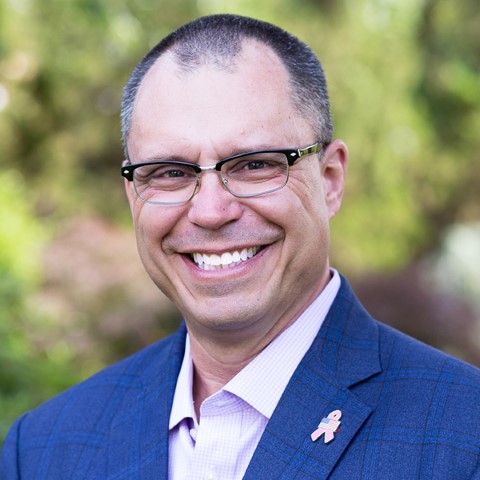Last year, I wrote a piece for financial professionals called “Essentialism: How to focus on what matters most.” The article discusses Greg McKeown’s book Essentialism and provides a three-step model for how to help eliminate nonessential activities.
Essentialism was such a popular book that, after it was published, McKeown received an avalanche of praise, speaking requests and consulting opportunities from all over the world. He received so many requests that he had trouble staying consistent with the core truths he espoused in his book, such as, “Only a few things really matter” and “I can do anything but not everything.” McKeown was working harder than he ever had, but he wasn’t moving closer to his goals. And the more exhausted he became, the more effort it took to make any progress.
In a world where it seems like everyone and everything demands attention, he started asking how he could make it easier to manage his time and do what mattered most. Ultimately, this led McKeown to publish his next book, Effortless.
Here are five lessons from Effortless you can take away to start making things easier for you and your clients today.


